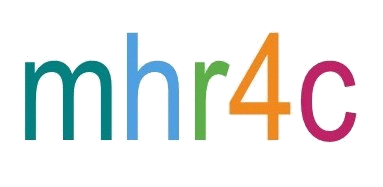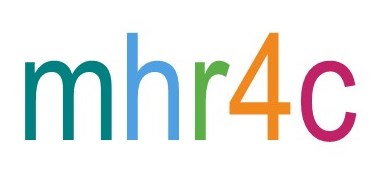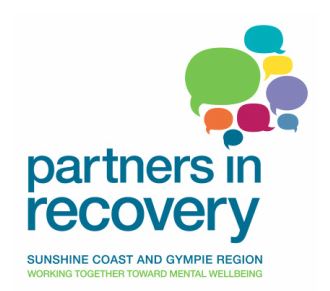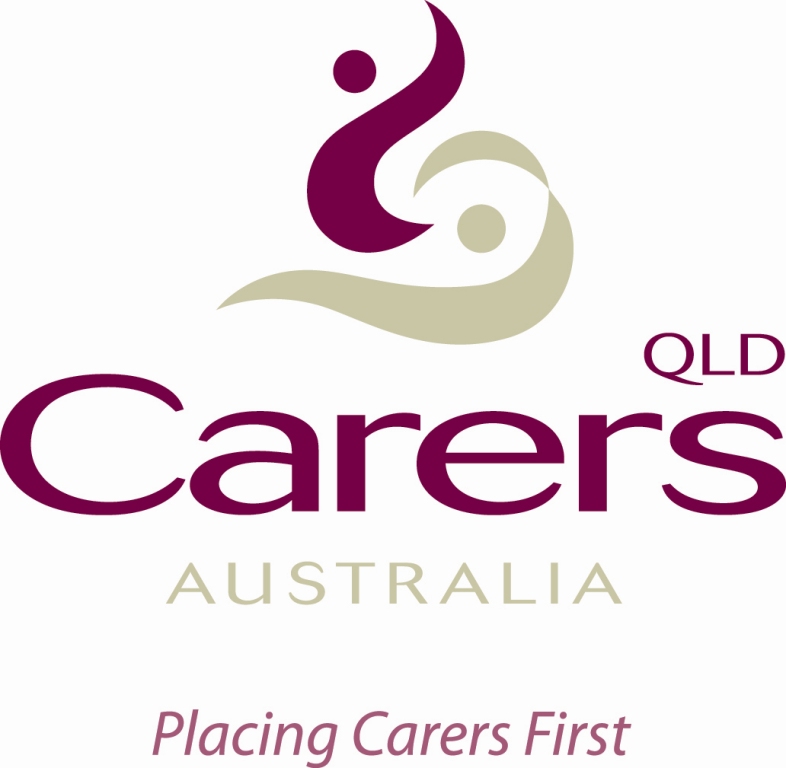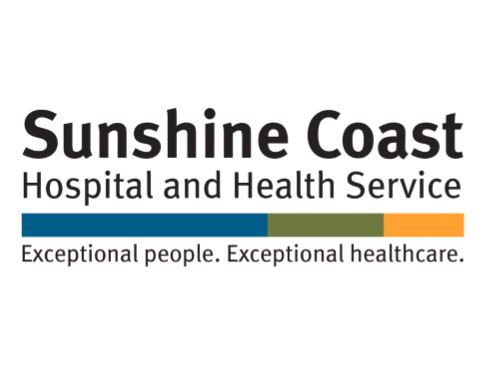Medications & Psychological Interventions
The two main types of treatment for mental illness are medications and psychological interventions.
Medications are not a cure. Many people take medication indefinitely to prevent relapse and keep symptoms under control. Medications can:
- restore the chemical balance in the brain to stabilise moods and reduce symptoms
- restore the hormonal balance in the body to reduce symptoms
- reduce the symptoms of mental illness which will improve the effectiveness of other treatments
Other treatments can include counselling, diet, exercise, alternative and complementary therapies.

Psychological treatments can help people to regain a sense of control and pleasure in life, and help people work through stressful events that may be contributing to their illness. Psychological treatments can also:
- teach coping techniques and problem solving skills
- help people understand and gain control over behaviours, emotions and thoughts that exacerbate the illness.
Carers can become frustrated with treatment. Common frustrations include:
- mental health services being under-resourced
- a lack of access to services (or accessibility of services)
- carers feeling blamed by mental health workers for the mental illness, or for the treatment not working
- carers not being included in developing treatment plans
- carers concerns not being heard
- the care recipient being ‘ping-ponged’ between services to treat dual diagnoses
- a lack of carers support
- confidentiality preventing carers from accessing the information that will help them provide necessary care
